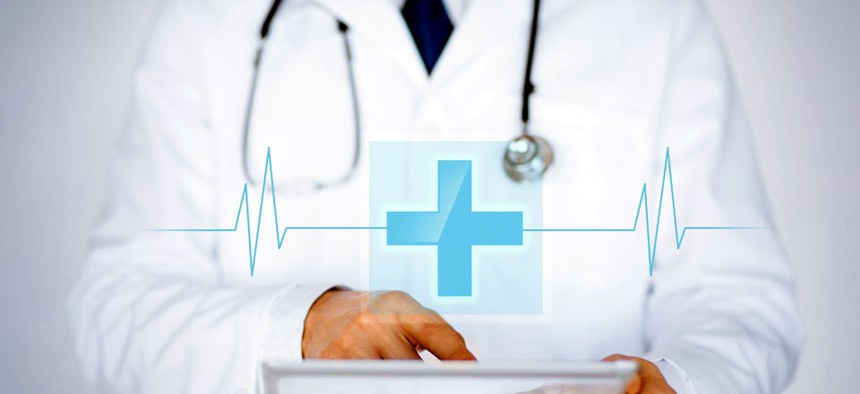FDA Will Regulate Some Mobile Medical Apps as Devices

Syda Productions/Shutterstock.com
Health and wellness apps will not be regulated.
The Food and Drug Administration plans to apply the same strict regulations to mobile apps as it does to medical devices, such as blood pressure monitors, if those apps perform the same functions as stand-alone or computer based devices.
The FDA has developed a “tailored” approach to regulation of mobile apps that would allow use of some apps without oversight, according to Dr. Jeffrey Shuren, director of the FDA’s Center for Devices and Radiological Health. “Some mobile apps carry minimal risks to consumers or patients, but others can carry significant risks if they do not operate correctly,” he said. “The FDA’s tailored policy protects patients while encouraging innovation.”
The FDA said that "if a mobile app is intended for use in performing a medical device function (i.e. for diagnosis of disease or other conditions, or the cure, mitigation, treatment, or prevention of disease), it is a medical device, regardless of the platform on which it is run,” in a guidance document for industry and its staff released Monday.
The agency said its oversight approach to mobile apps “is focused on their functionality, just as we focus on the functionality of conventional devices, with oversight not determined by the platform.”
Bakul Patel, senior policy advisor to Shuren, said the agency would regulate a mobile medical app that helps measure blood pressure by controlling the inflation and deflation of a blood pressure cuff (a blood pressure monitor), just as it regulates traditional devices that measure blood pressure
But, he said, a mobile app that doctors or patients use to log and track trends with their blood pressure would not be regulated as a device.
Mobile medical apps that recommend calorie or carbohydrate intakes to people who track what they eat also are also not within the current focus of FDA's regulatory oversight. “While such mobile apps may have health implications, FDA believes the risks posed by these devices are low and such apps can empower patients to be more engaged in their health care,” the agency said.
The agency said that, based on industry estimates, 500 million smartphone users worldwide will be using a health care application by 2015; by 2018, 50 percent of the more than 3.4 billion smartphone and tablet users will have downloaded mobile health applications. These users include health care professionals, consumers, and patients.
The FDA emphasized it won’t regulate the sale or ordinary use of smartphones and tablets, allaying concerns that the agency would try to regulate all mobile gadgets. The new regulations do not cover mobile electronic health record apps.
Mobile apps, the FDA said, can help people manage their own health and wellness, promote healthy living, and gain access to useful information when and where they need it, and the agency “encourages the development of mobile medical apps that improve health care and provide consumers and health care professionals with valuable health information.”
(Image via Syda Productions/Shutterstock.com)
Join us at Nextgov Prime Oct. 15-16 in Washington for indepth discussions about cloud computing, data security and much more. Registration is free for federal employees.






